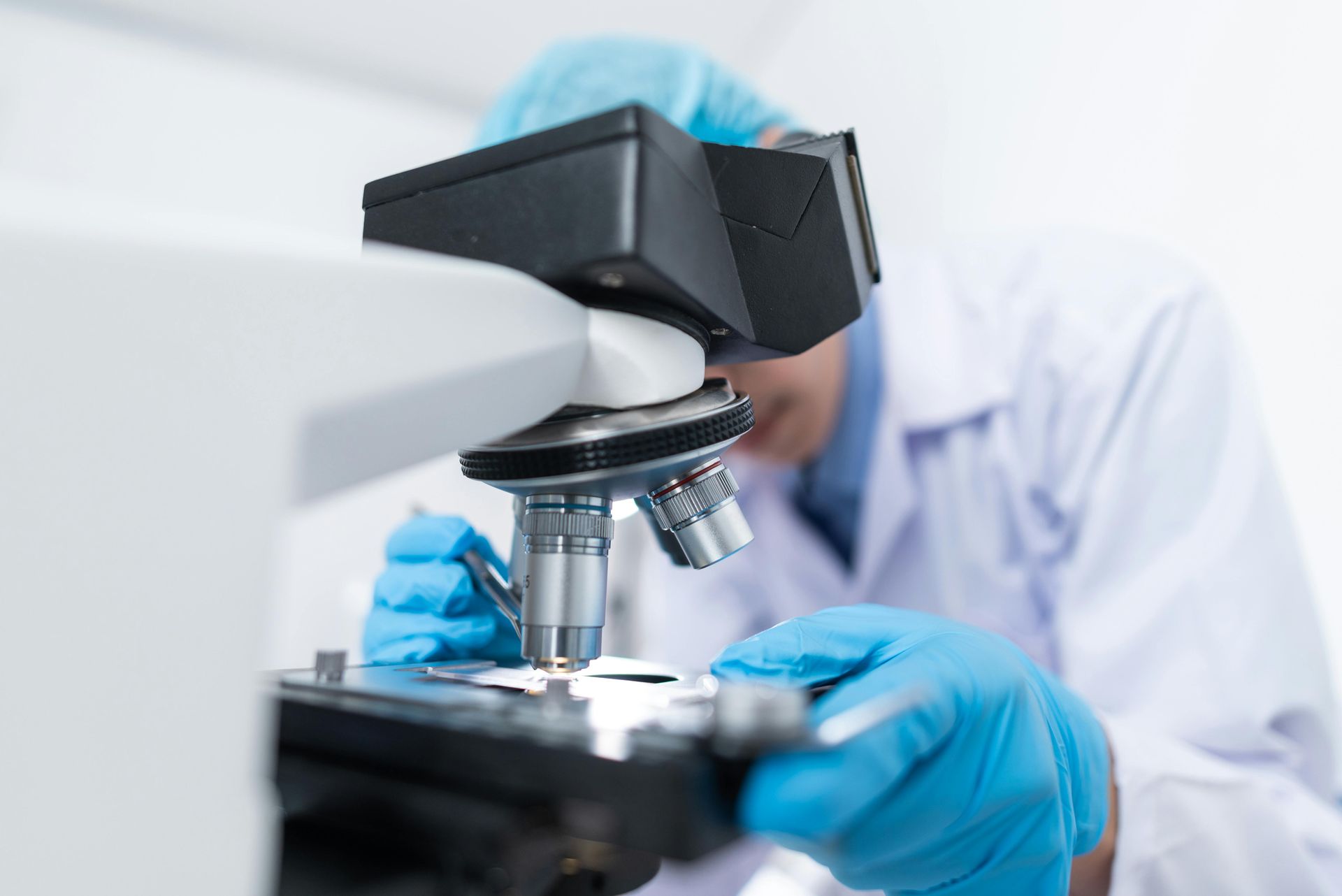Men Matter Too: Why Male Fertility Plays a Vital Role in Conception
When couples face fertility challenges, the focus often turns first to the woman — hormone levels, ovulation tracking, egg quality, and more. But what many don’t realize is that male factors play a role in nearly half of all infertility cases.
This Movember, we’re breaking the stigma around men’s reproductive health and shining a light on the crucial role men play in the fertility journey.

💪 Why Male Fertility Matters
Infertility affects
1 in 8 couples, and in about
40–50% of those cases, a male factor is part of the equation.
These factors can include:
- Low sperm count or poor motility (how sperm move)
- Abnormal sperm shape (morphology)
- Hormonal imbalances
- Genetic conditions
- Lifestyle or environmental exposures
The good news? Many of these issues are treatable with the right medical care and support.
🧬 What Affects Sperm Health?
Sperm health depends on several key factors, including:
- Age and lifestyle: Smoking, alcohol, poor diet, or lack of exercise can reduce sperm quality.
- Heat exposure: Frequent use of hot tubs, saunas, or placing laptops on your lap can affect sperm production.
- Stress: Chronic stress can impact hormones responsible for sperm production.
- Medical conditions: Varicoceles (enlarged veins), infections, or hormonal disorders can interfere with fertility.
Even simple changes—like maintaining a healthy weight, improving nutrition, and reducing heat and toxin exposure—can make a big difference.
🧪 How Male Fertility Is Tested
At Caperton Fertility Institute, male fertility testing begins with a semen analysis, a simple and non-invasive test that evaluates sperm count, motility, and shape.
Depending on the results, additional tests such as hormone evaluations, genetic testing, or physical exams may be recommended. These help our team create a personalized fertility treatment plan tailored to each couple’s needs.
🌟 Modern Treatments for Male Factor Infertility
Thanks to advancements in reproductive technology, male infertility is no longer a barrier to starting or growing your family. Some treatment options include:
- Intrauterine Insemination (IUI): Concentrated, healthy sperm are placed directly into the uterus.
- In Vitro Fertilization (IVF): Eggs and sperm are combined in the lab to create embryos.
- ICSI (Intracytoplasmic Sperm Injection): A single healthy sperm is injected directly into an egg — often used when sperm count or motility is low.
- Sperm retrieval procedures: Used when sperm are not present in the semen due to blockage or other causes.
Our team specializes in advanced male fertility diagnostics and treatments, ensuring every couple has the best chance at success.
❤️ Breaking the Stigma
Men’s reproductive health is often overlooked — but it shouldn’t be.
Fertility challenges are
not a reflection of masculinity or worth. They’re a medical issue, just like any other, and addressing them early can lead to faster, more effective solutions.
At Caperton Fertility Institute, we encourage men to take charge of their fertility health by scheduling a consultation or semen analysis this Movember. The first step toward hope often begins with a simple conversation.
🕊️ This Movember, Let’s Start the Conversation
Infertility is a couple’s journey, and awareness is the first step toward understanding, support, and success.
Join us this Movember in breaking the silence around male fertility. Together, we can turn awareness into action — and dreams into families.



